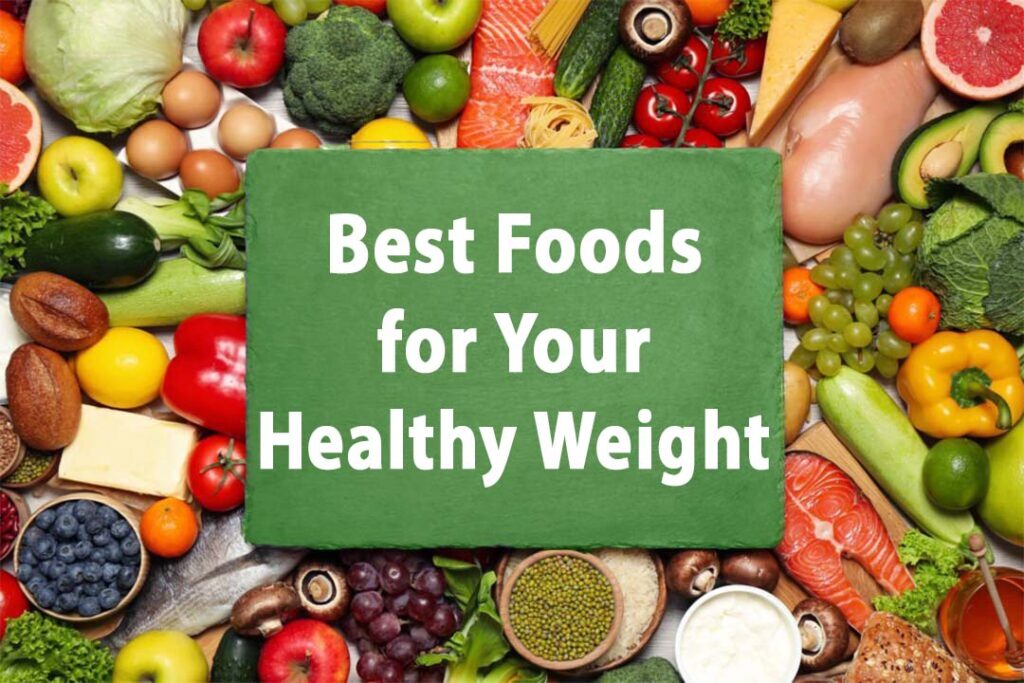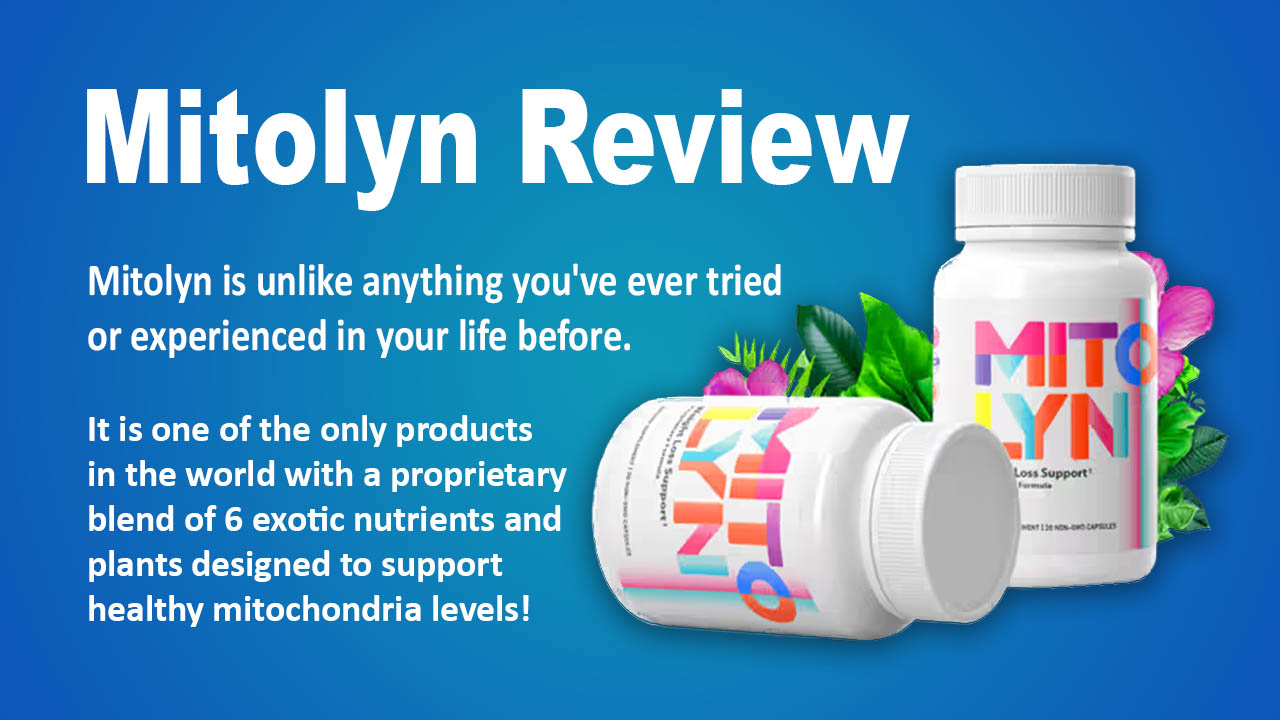10 Best Foods for Your Healthy Weight Journey
Eating the right foods is essential for maintaining a healthy weight. The best foods for your healthy weight journey are those that are nutrient-dense, low in calories, and high in fiber. These foods will help you feel full and satisfied, while also providing your body with the nutrients it needs to function at its best.

Some of the best foods for your healthy weight journey include fruits, vegetables, whole grains, lean proteins, and healthy fats. By incorporating these foods into your diet, you can achieve your healthy weight goals while also improving your overall health.
Leafy Greens
Leafy greens are not only tasty but also an excellent addition to your weight loss journey. The category includes kale, spinach, collard greens, Swiss chard, and other similar greens that are packed with fiber, vitamins, and minerals that keep you hydrated and full for longer.
Additionally, leafy greens contain thylakoids, plant compounds that have been linked to better appetite management and increased satiety in recent human studies. Although these studies were small, a 5-gram thylakoid supplement, equivalent to approximately 3.5 ounces (100 grams) of raw spinach, was sufficient to improve appetite management and promote weight loss.
Despite the promising results, further research is necessary to understand the impact of thylakoids from food sources and their long-term effects in supplement form.
However, incorporating leafy greens into your diet is still an excellent way to feel satisfied and curb cravings for unhealthy snacks. Responding to your body’s hunger and fullness signals can aid your weight loss goals.
It’s important to note that leafy greens are high in vitamin K, which may interfere with certain medications, such as blood thinners like warfarin (Coumadin). If you’re taking any medication, consult with a healthcare professional or a registered dietitian to ensure that you consume the appropriate amount of leafy greens daily and maintain a consistent vitamin K intake.
Potatoes and Other Root Vegetables
White potatoes may have fallen out of favor with the rise of lower carb diets, but they are still incredibly nutrient-dense and can be a great addition to your weight loss journey and overall health.
Potatoes and other root vegetables are rich in a wide range of nutrients that the body needs, including high levels of potassium, a vital mineral for managing blood pressure.
Boiled white potatoes are the most filling food according to the Satiety Index, making them an excellent choice for weight loss. Additionally, allowing boiled potatoes to cool increases the amount of resistant starch, a fiber-like substance that promotes weight loss and has various other health benefits.
Sweet potatoes, turnips, and other root vegetables are also fantastic options for a healthy diet. These veggies are a great source of essential nutrients that can help keep you feeling full and nourished.
Despite their starchy reputation, white potatoes and other root vegetables can be a part of a healthy weight loss plan. Incorporate them into your diet in moderation, and enjoy their unique and diverse range of health benefits.
Chicken breast and Lean meats
The debate on meat consumption continues to be a contentious issue. From ethical concerns to the potential health risks, it’s difficult to know what to believe.
While the connection between red meat and heart disease or diabetes remains uncertain, research has shown a clear link between a high intake of red and processed meats and increased cancer, diabetes, premature death, and heart disease risks.
If you do choose to consume meat, opt for unprocessed meat in moderation, alongside a balanced diet rich in fruits, vegetables, and whole grains. Chicken and lean red meat cuts like tenderloin or flank steak are good choices, as they are high in protein and iron, with less saturated fat.
However, how you prepare your meat matters too. High-temperature cooking methods such as smoking or grilling can produce toxic compounds called polycyclic aromatic hydrocarbons (PAHs), which have been linked to cancer. To reduce this risk, limit smoke, wipe away drippings, and consume lean meat in moderation, no more than a few 3-ounce servings per week.
Remember, moderation and balance are key when it comes to meat consumption and optimal health.
Avocados
Avocados are truly one-of-a-kind fruits. Unlike most fruits that are high in carbs, avocados are packed with healthy fats, specifically monounsaturated oleic acid, which is also found in olive oil.
Even though they are high in fat, avocados contain plenty of water and fiber, making them highly satisfying. Adding them to vegetable-based salads is a great way to increase the absorption of carotenoid antioxidants, which can improve your health. Studies have shown that the fat content in avocados can boost the absorption of these important antioxidants by 4.6-12.6 times.
Furthermore, avocados can also help your body absorb other fat-soluble vitamins like vitamins A, D, E, and K. They’re also a great source of potassium and fiber, both essential nutrients for overall health.
Keep in mind, however, that avocados are energy-dense, meaning that you should be mindful of portion sizes, especially when weight loss is your goal. Paying attention to your body’s internal hunger and fullness cues can help you intuitively determine the right amount for you at any given time.
Soups
Soup is a delightful way to incorporate more vegetables and whole grains into your diet. However, not all soup varieties are equally nutritious, and creamy or processed meat-based options may not provide the same health benefits.
Slurping, smelling, tasting, and chewing soup takes longer than eating other foods, which can promote mindful eating and prevent overeating. Mindful eating, in turn, can help you feel satisfied and nourished while maintaining a healthy weight.
If you prefer creamy soups, there are ways to achieve that rich texture without relying on heavy cream, which is high in saturated fat. Avocado and cashews are both excellent substitutes for cream and can also increase the fiber content of your soup. Garnishing your soup with sliced avocado adds a delicious finishing touch.
Soups are primarily liquid, which makes them hydrating and filling, making them ideal for weight management. Starting your meal with a clear vegetable-based soup can increase your sense of fullness and support healthy weight loss.
Incorporating soup into your daily diet can be an excellent way to consume nutrient-dense ingredients, and it can help you feel more satisfied while supporting your weight goals.
Nuts
Nuts are a nutrient-packed food group that can benefit heart health, weight loss, and metabolic function. These high-fat snacks offer a balanced mix of protein, fiber, and healthy fats that can help satisfy hunger and promote fullness. Incorporating nuts into your diet may help you reach a healthier weight, as people who eat nuts tend to consume more nutrients and have healthier weights. However, it’s important to be mindful of portion sizes, as eating too much of any high-fat food can hinder weight loss efforts. To gauge your satiety level, start by eating a small handful of unsalted nuts and wait for 15-20 minutes before deciding if you need more. This can help you avoid overeating and promote weight loss.
Whole Grains
Studies have found that incorporating whole grains into your diet can contribute to a healthy weight loss plan.
Whole grains, such as oats, brown rice, and quinoa, can offer many benefits for metabolic health, thanks to their high fiber and protein content.
Oats are especially rich in beta-glucans, which are soluble fibers known to increase feelings of fullness and improve metabolic health.
Brown rice, and even white rice when cooled, can contain significant amounts of resistant starch, which can also aid in weight management.
While refined grains should be consumed in moderation, incorporating wholesome cereals into your diet can help support your weight loss goals.
It’s important to note that not all products labeled “whole grain” are created equal, and some may contain added sugars and other unhealthy ingredients that can sabotage your efforts. Always read the labels and choose minimally processed options to achieve the best results.
Eggs
Eggs, once demonized for their high cholesterol content, are now recognized as a highly nutritious food that can support a healthy weight and overall well-being.
Contrary to the previous beliefs, dietary cholesterol does not have a significant impact on blood cholesterol levels in most individuals. Thus, consuming 7-12 eggs a week is considered safe and can be an essential part of a healthy diet.
Eggs are incredibly nutrient-dense, and the majority of their nutrients are found in the yolks. They are an excellent source of choline and vitamin D, while the egg whites provide a good amount of protein.
Thanks to their high protein and healthy fat content, eggs can help you feel full and satisfied, making them a perfect addition to any weight loss diet. Studies have shown that people who eat eggs for breakfast tend to feel more satiated and eat fewer calories throughout the day.
One study found that consuming an egg-based breakfast instead of a cereal-based breakfast increased feelings of fullness for up to four hours, while another study showed that people who ate an egg-based breakfast reported feeling more satisfied than those who ate cereal.
By helping you feel full, eggs can also prevent overeating, which can be a significant cause of weight gain. Therefore, including eggs in your diet may not only support weight loss but also provide you with numerous health benefits.
Salmon
Fatty fish, such as the delicious salmon, are not only rich in essential nutrients but can also be a perfect addition to your weight loss diet.
Salmon is known for its high-quality protein content and healthy fats, which can keep you feeling full for longer and contribute to healthy weight loss (18Trusted Source). Besides, salmon is loaded with omega-3 fatty acids, which can help to reduce inflammation in the body that plays a significant role in obesity and metabolic disease.
Moreover, incorporating fish and other seafood into your diet can be beneficial for maintaining proper thyroid function, which plays a crucial role in optimal metabolism (22Trusted Source). Sadly, many people do not get enough iodine from their diet, and this is where fatty fish can be helpful in supplying enough iodine for proper thyroid function.
Apart from salmon, other fatty fish, such as mackerel, trout, sardines, herring, and tuna, are loaded with essential nutrients that are excellent for your overall health. Therefore, make sure to add these fatty fish to your diet for a healthier you.
Fruits
Fruits are a staple of a healthy diet and offer an abundance of nutritional benefits. In fact, studies have consistently shown that people who consume the most fruits and vegetables tend to be healthier overall.
While fruits are high in natural sugars, they also have a low energy density and are packed with essential micronutrients, making them an excellent choice for those on a weight loss journey.
One fruit that may be particularly helpful for promoting feelings of fullness and aiding weight loss is grapefruit. A 2006 study found that eating half a fresh grapefruit before meals for 12 weeks led to a weight loss of 3.5 pounds (1.6 kg) in individuals with obesity.
Grapefruit is also high in fiber and nutrients, making it a great addition to any healthy diet. However, it is important to note that grapefruit may interfere with certain medications, such as statins or blood pressure medications, so it’s essential to consult with a healthcare provider if you’re taking any medications.
Ultimately, while grapefruit may offer some potential benefits for weight loss and management, it’s best to incorporate a variety of fruits and vegetables into your diet for optimal health and nutrition.
Bottom Line
Incorporating whole eggs, fatty fish like salmon, and a variety of fruits into your diet can be a great way to achieve and maintain a healthy weight while also obtaining important nutrients. While it’s important to be mindful of cholesterol levels and any potential medication interactions, moderate consumption of eggs and fish can provide a wealth of health benefits. Additionally, the fiber and micronutrient content in fruits make them an excellent choice for promoting satiety and overall health. As always, it’s important to listen to your body’s cues and consume a balanced diet tailored to your individual needs.






